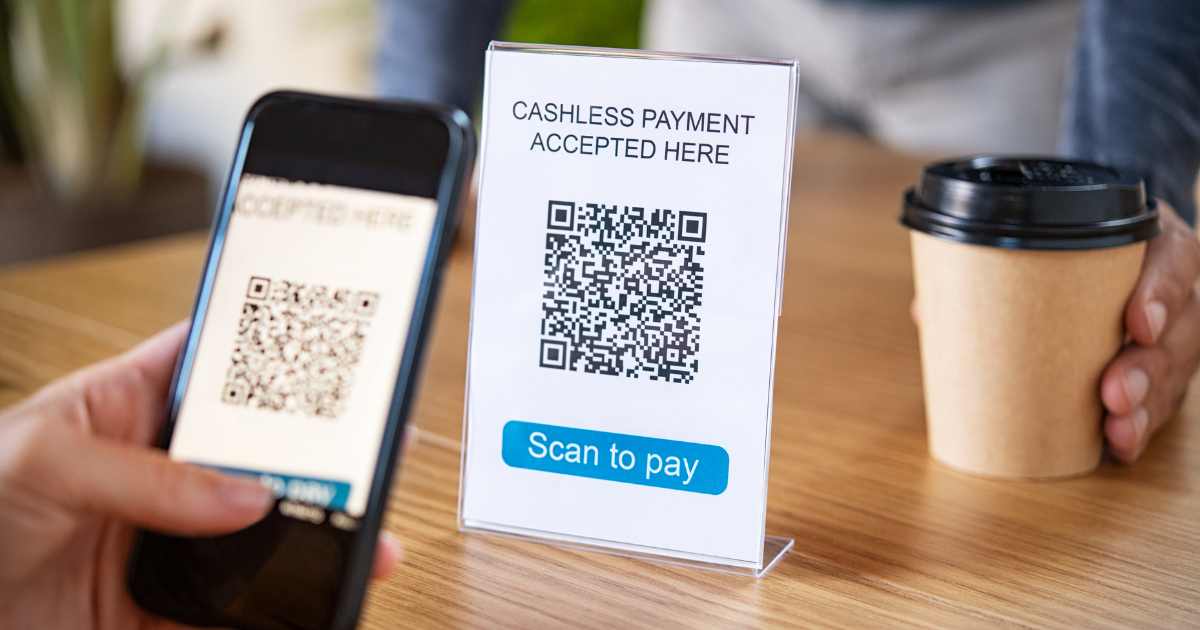South African fintech startup Yoco, which yesterday announced that it had successfully concluded a foreign funding round, has so far been a lot more expansive than disruptive, with around 70 per cent of their customers not having previously used a card payment service at all.
Yoco’s integrated card payment and point-of-sale system enables small businesses and entrepreneurs to securely accept card payments wherever they are. Pay-per-use pricing with no monthly fees makes it an obvious choice for small business owners who have not been able to accept plastic before.
The funding, an undisclosed sum from U.S.-based Quona Capital and Velocity Capital of the Netherlands, has been earmarked to expand the footprint and services offered by the fast-growing fintech company that currently processes more than R1 billion in transactions per year.
The South African market of small and medium-sized businesses, Mom and Pop stores and entrepreneurs – many of them not accepting any form of plastic payment at all – is estimated to be around a million potential customers; Yoco currently serves 6500 customers.
Yoco plans to use the funds raised to expand its current customer base, add additional services to its offering and prepare for expansion into other markets.
Vote of confidence
The deal has been described as a vote of confidence in South Africa’s growing fintech ecosystem.
In addition to being a milestone and validation for Yoco, the company’s chief executive officer and co-founder, Katlego Maphai, said that being able to attract top-tier foreign VC investors was a “vote of confidence in South Africa’s growing fintech and startup ecosystem”.
“Africa doesn’t have a fintech hub … This is an opportunity for Cape Town to be the fintech hub of Africa … Yoco can be the poster child for that”
Adding that Cape Town was “fast becoming a global fintech capital”, Maphai said it was not a coincidence that the fintech ecosystem was developing in the Cape.
He said the Western Cape government’s public endorsement of Yoco had been supplemented by constant, quiet support from the sidelines. Maphai noted that special thanks were due to Alan Winde, the province’s MEC for economic opportunities.
Both Quona Capital co-founder and partner, Monica Brand Engel, and Velocity Capital director, Allard Luchsinger, mentioned the enabling ecosystem of the Western Cape and its position as a potential launchpad into the rest of Africa as additional reasons to invest in Yoco’s “world-class platform and team”.
“There is a massive opportunity to expand access to, and the quality of, financial services through the digitisation of SME payments and payments data in Africa, where cash still predominates in many economies,” said Engel of Quona Capital, which manages the $141 million Accion Frontier Inclusion Fund, the first global fintech fund for the under-served.
“Yoco is a market-maker … growing the size of the card payment acceptance market,” added Luchsinger.
Maphai noted the importance of “raising smart capital from seasoned fintech investors”, saying it would enable Yoco “to continue our self-directed journey to grow the SME payments markets through world-class execution, delivered with radical simplicity”.
Yoco has previously raised capital from angel investors and seed funds, including the likes of CRE Venture Capital, specialist fintech angel investor Robby Hilkowitz and Greg Kidd (a first-round investor and advisor at Square and Twitter), but this was the first funding round solely including institutional investors. The company said it is also bigger than previous raises.
Yoco co-founder, Carl Wazen, said the funding had been earmarked to expand the footprint and services offered by the fast-growing fintech company that currently processes more than R1 billion in transactions per year.
He added that Yoco planned to use the funds raised to expand their current base of 6,500 customers, 70 percent of whom had not accepted cards at all before. The company also planned to add additional services to their offering and to prepare for expansion into other markets, with possibilities in both East and West Africa under discussion.
In line with its focus on empowering SME growth, the company also offers merchants a business intelligence portal that gives real-time insights into transactions and products sold. The size of the market is estimated to be around a million businesses in South Africa, where even social grants are disbursed via preloaded debit cards but many merchants cannot accept any form of plastic.
As for the rest of the continent, the press briefing was reminded that small and medium-sized businesses, both formal and informal, are estimated to be responsible for up to 50 percent of Africa’s GDP and 90 percent of employment on the continent.
Although, Velocity’s Luchsinger said, “we know that Sub-Saharan Africa is different from the rest of the continent”.
But, he added, they had been very impressed with the depth of thinking that went into every single part of Yoco’s business.
“We believe this team will approach other regions with the same depth of thinking and analysis. We think this is a team that could become the main SME provider for Africa.”
There seems to be little doubt about its potential. Winde, who said he had squeezed the meeting in after being told he wouldn’t be able to make it, described Yoco as “the next generation of great ideas in finance”.
Thanking the investors for choosing an African company and one based in Cape Town, he added that he thought they had made the right choice.
“The leapfrog into delivering services into Africa is going to happen out of this region,” he said.
Winde added that the big names, “whether they be from Europe, Israel or Silicon Valley”, were migrating towards the Cape. “This is just another little building block in that ecosystem.”
Hilkowitz, the angel investor who has amassed a sizeable portfolio in fintech across developed and developing markets, agreed: “Africa doesn’t have a fintech hub … This is an opportunity for Cape Town to be the fintech hub of Africa.”
And, he added, “Yoco can be the poster child for that”. – ANA






